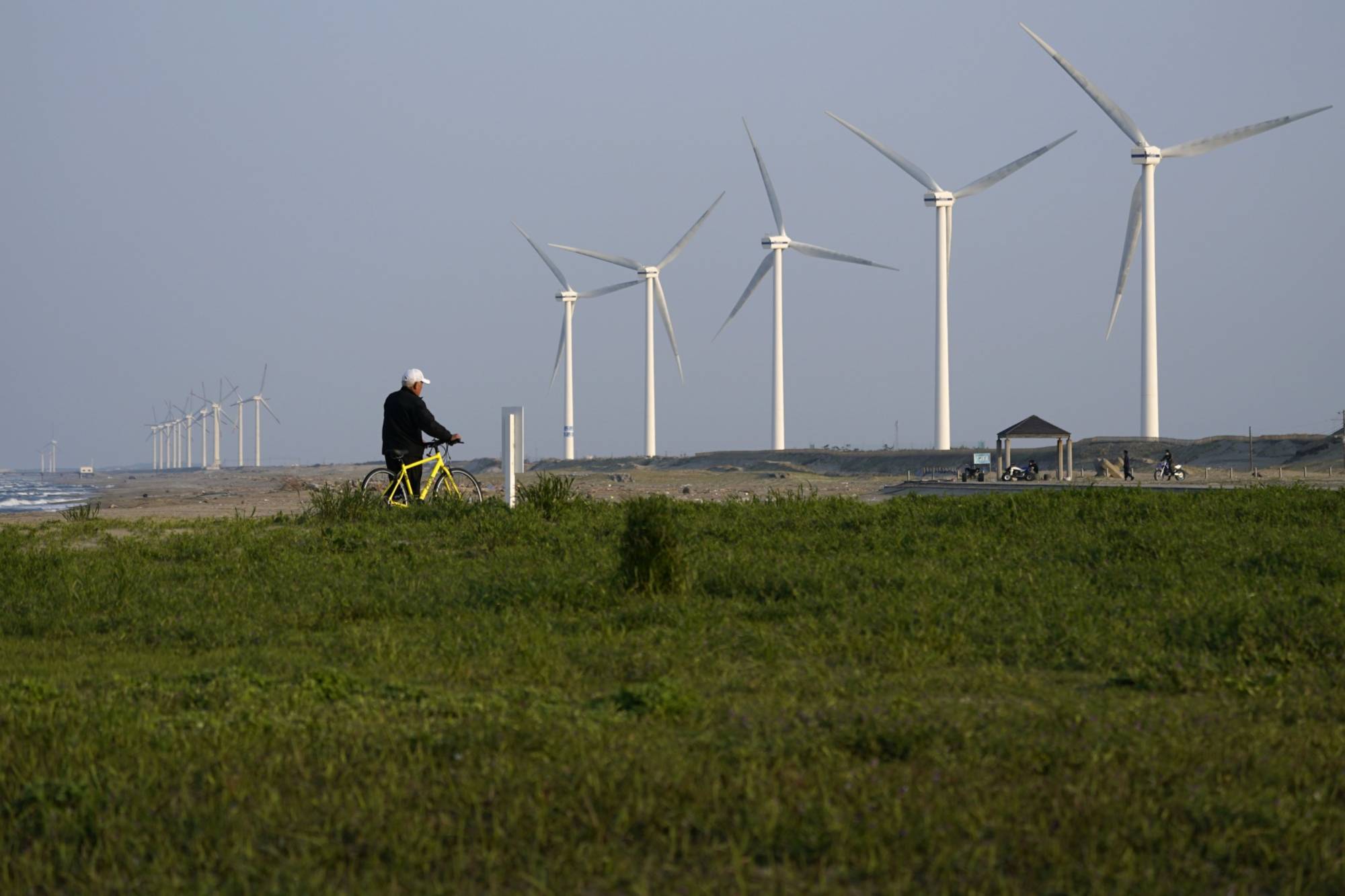A new type of bond that penalizes issuers for failing to meet social and environmental goals is raising concern among some investors that buying the debt may not be all that ethical.
Japanese real estate firm Hulic Co. recently joined a handful of borrowers worldwide in selling so-called sustainability-linked bonds, but the market’s reception has been underwhelming. Such securities offer an extra coupon if the issuer fails to meet goals, and for some investors that raises a troubling question: Is it really ethical to profit from a company missing its green or social targets?
The muted reaction is fueling an early debate about whether the booming market for environmental, social and governance (ESG) investments risks skewing incentives for issuers. There have also been broader concerns that the cutting-edge laboratory of ESG bond design sometimes churns out structures that have design flaws. Many investors have struggled with other structures, for example, to figure out what’s really green and what’s "greenwashing” — the use of misleading labels to create an undeserved image of environmental responsibility.



















With your current subscription plan you can comment on stories. However, before writing your first comment, please create a display name in the Profile section of your subscriber account page.